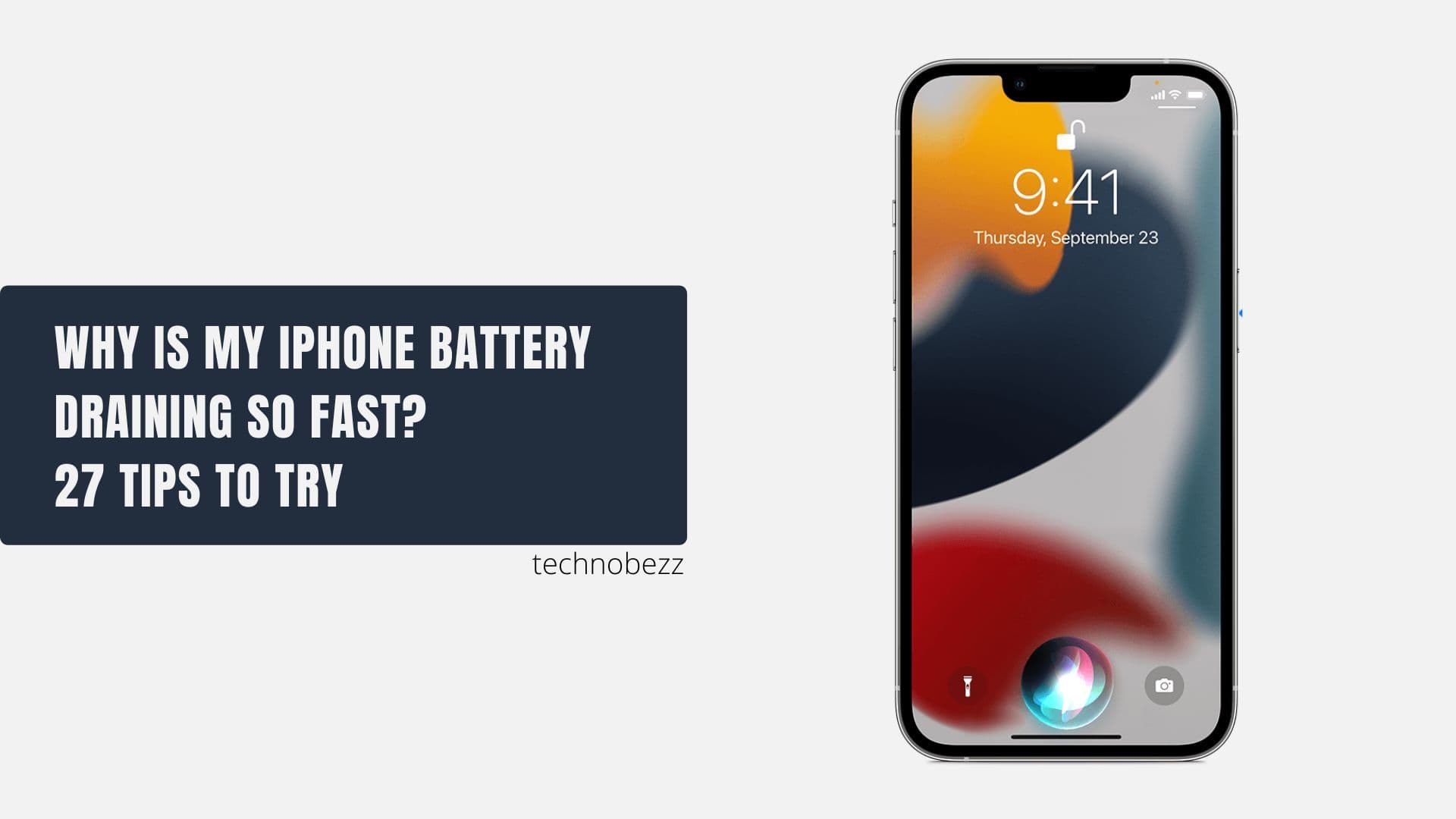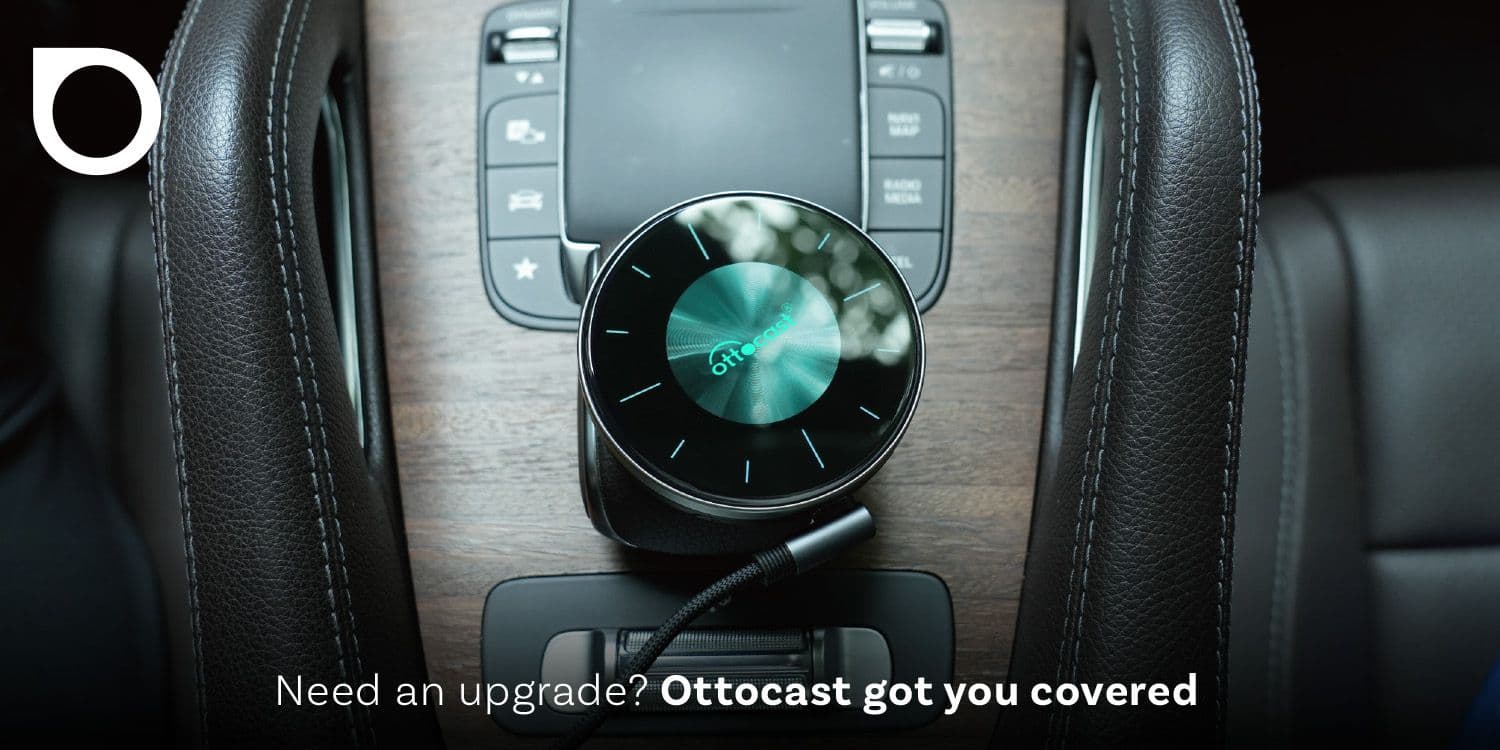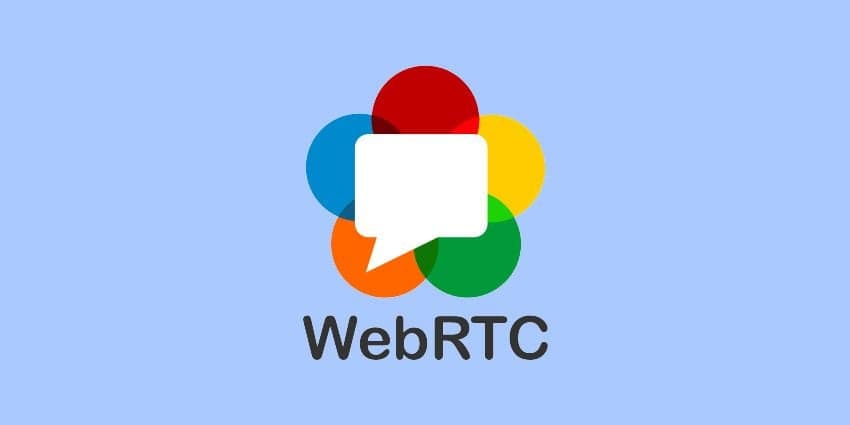Computer Scientist and Inventor Ray Kurzweil’s Vision for Human Longevity Through AI and Nanotechnology

Imagine a world where blending artificial intelligence with biotechnology and nanotechnology could help us live much longer, maybe even forever. This isn't just a sci-fi plot but a real possibility according to futurist Raymond Kurzweil. He believes this fusion could completely change how long we live and how well we age.
Kurzweil studied at MIT and is renowned for his work in computer-based learning technologies, and has been making bold predictions like these for decades.
He shared his latest insights in his upcoming book "The Singularity is Nearer," focusing on the incredible potential of nanorobots. He stated that these tiny machines could dramatically extend our lives by fixing cellular damage and even replacing our biological organs.
In an interview with CBS he further explained that as our cells replicate, they naturally accumulate errors and damage which leads to aging. Kurzweil suggests that curing aging itself is the solution.
Nanorobots, equipped with tiny sensors, manipulators, computers, and power supplies, could swim through our bloodstream, repairing and enhancing our cells and tissues. This might help us maintain peak health indefinitely.
Biomedical gerontologist Aubrey de Grey also believes that the first person to live to 1,000 years has likely already been born. Kurzweil predicts that by 2050, nanotechnology could solve enough aging problems for 100-year-olds to reach 150. This would buy us time to figure out new aging issues that might arise by 2100.
Kurzweil argues that Artificial Intelligence (AI) is set to be the driving force in this biological revolution. By 2040 or 2050, AI could understand and manipulate our biology in ways that seem bizarre today. This includes rewriting DNA, controlling cellular functions, and even replacing blood and brain tissues with nanobots that integrate with external systems.
AI's potential goes beyond extending life and could transform energy, manufacturing, and medicine. In energy, AI-driven innovations in photovoltaics and battery technology could make solar energy nearly free.
For instance, just 0.01% of the sunlight the Earth receives could cover all human energy needs. But current photovoltaic materials are too costly and inefficient to completely replace fossil fuels. AI can quickly explore billions of chemical possibilities, driving breakthroughs in solar and battery technology.
In November 2023, Google’s AI boosted the number of known stable inorganic compounds from 20,000 to 421,000 overnight. Smarter AI could find the perfect materials, making solar energy projects more viable and abundant.
In manufacturing, AI could cut costs by optimizing both cognitive and physical labor. Robotics powered by AI will reduce the need for expensive raw materials and labor, making goods more affordable. Imagine goods like food, clothing, electronics, and cars becoming much cheaper. This would be a huge boon for consumers.
Medicine, however, might see the most dramatic changes. AI-designed drugs are already in trials, and molecular biosimulation could turn medicine into an exact science. Personalized treatments tailored to your genetic profile could replace the current trial-and-error approach. This could make treatments much more effective and safer. Eventually, digital trials could replace traditional ones, tailoring medicine to individual patients with unprecedented precision. This could help us cure diseases like cancer and Alzheimer’s.
Kurzweil's predictions might sound bold, but they're based on the rapid advancements we're seeing in AI and biotechnology. The idea that we could optimize our bodies to the point where aging and disease are no longer inevitable is a compelling glimpse of the future. As nanotechnology and AI evolve, they promise not just longer lives but fundamentally better ones.
If you liked this story, please follow us and subscribe to our free daily newsletter.
Also Read

Lenovo Debuts Solar-Charging Laptop That Turns 20 Minutes of Sunlight Into Hour of Video

Ottocast Car TV Mate Max Review – A Versatile In-Car Entertainment Adapter

iPhone Battery Dying In Minutes? 23 Real Fixes That Work

Ottocast Play2Video Pro Ups the Game in Affordable Car Entertainment

Ottocast OttoAibox P3 Powers a Smarter Driving Experience








